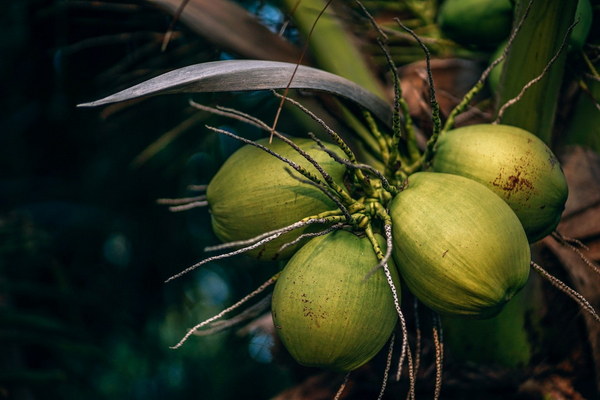Does Sesame Paste Nourish the Spleen or Liver
Sesame paste, also known as tahini, is a popular ingredient used in a variety of cuisines around the world. It is made from ground sesame seeds and is known for its creamy texture and nutty flavor. Apart from its culinary uses, sesame paste has been traditionally used in traditional Chinese medicine for its health benefits. But does sesame paste nourish the spleen or liver? Let's delve into this topic to find out.

In traditional Chinese medicine (TCM), the spleen and liver are two of the most important organs. The spleen is responsible for transforming food into energy, while the liver is responsible for storing blood, regulating emotions, and detoxifying the body. Both organs play a crucial role in maintaining overall health and well-being.
According to TCM, sesame paste is beneficial for both the spleen and the liver. Let's explore how it nourishes each organ.
Nourishing the Spleen
Sesame paste is considered a spleen-nourishing food in TCM. This is because it contains nutrients that are believed to support the spleen's function of transforming food into energy. Some of these nutrients include:
1. Protein: Sesame paste is a good source of protein, which is essential for the growth and repair of tissues, as well as the production of enzymes and hormones.
2. Iron: Iron is crucial for the production of hemoglobin, which carries oxygen to the body's tissues. Sesame paste contains iron, which can help prevent anemia and support overall energy levels.
3. B vitamins: B vitamins are essential for energy production and metabolism. Sesame paste contains various B vitamins, such as niacin, riboflavin, and thiamine.
By consuming sesame paste regularly, individuals may experience improved digestion, increased energy levels, and better overall health.
Nourishing the Liver
In addition to nourishing the spleen, sesame paste is also beneficial for the liver. TCM believes that sesame paste helps to:
1. Detoxify the liver: Sesame paste contains antioxidants, such as sesamin and sesamolin, which can help protect the liver from oxidative stress and damage caused by free radicals.
2. Improve blood flow: The antioxidants in sesame paste can help improve blood circulation, which is important for liver health.
3. Support the liver's detoxification process: The nutrients in sesame paste, such as fiber and sulfur compounds, can support the liver's ability to remove toxins from the body.
It is important to note that while sesame paste can be beneficial for both the spleen and liver, it is not a substitute for professional medical advice or treatment. If you have any health concerns, it is best to consult with a healthcare professional.
In conclusion, sesame paste is a versatile and nutritious ingredient that can be beneficial for both the spleen and the liver. By incorporating sesame paste into your diet, you may experience improved digestion, increased energy levels, and better overall health. However, it is always advisable to maintain a balanced diet and consult with a healthcare professional for personalized advice on your health needs.









